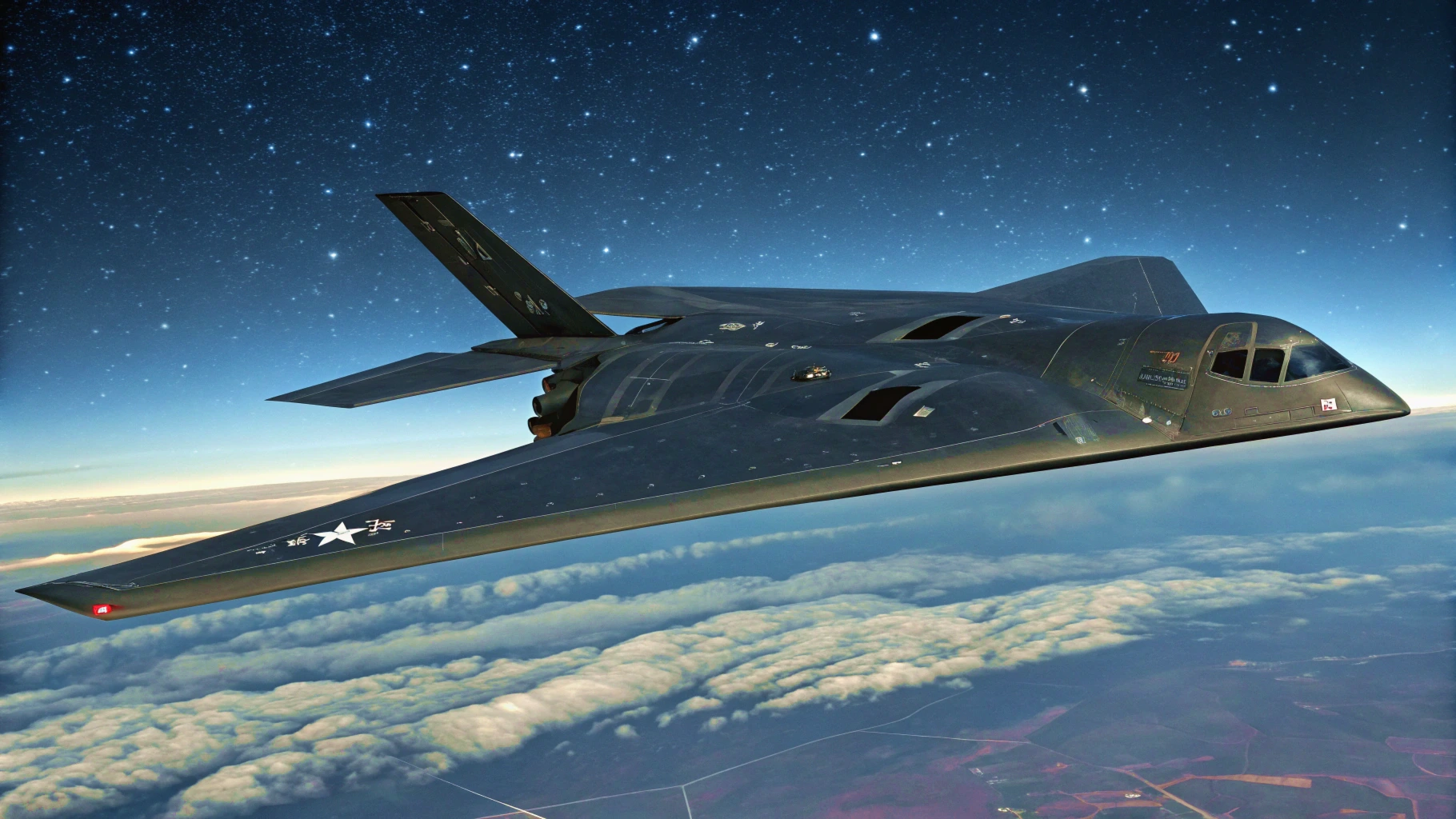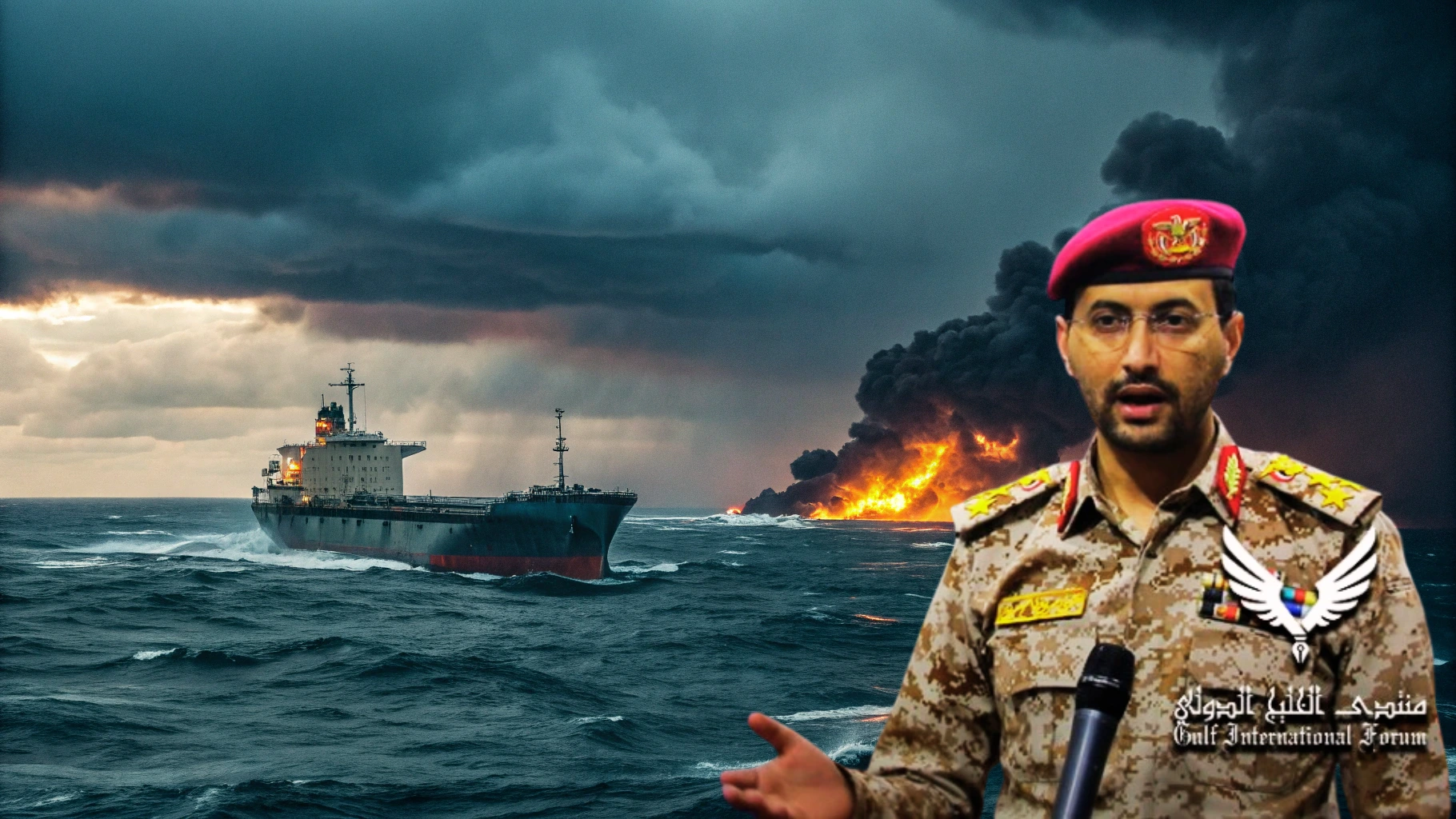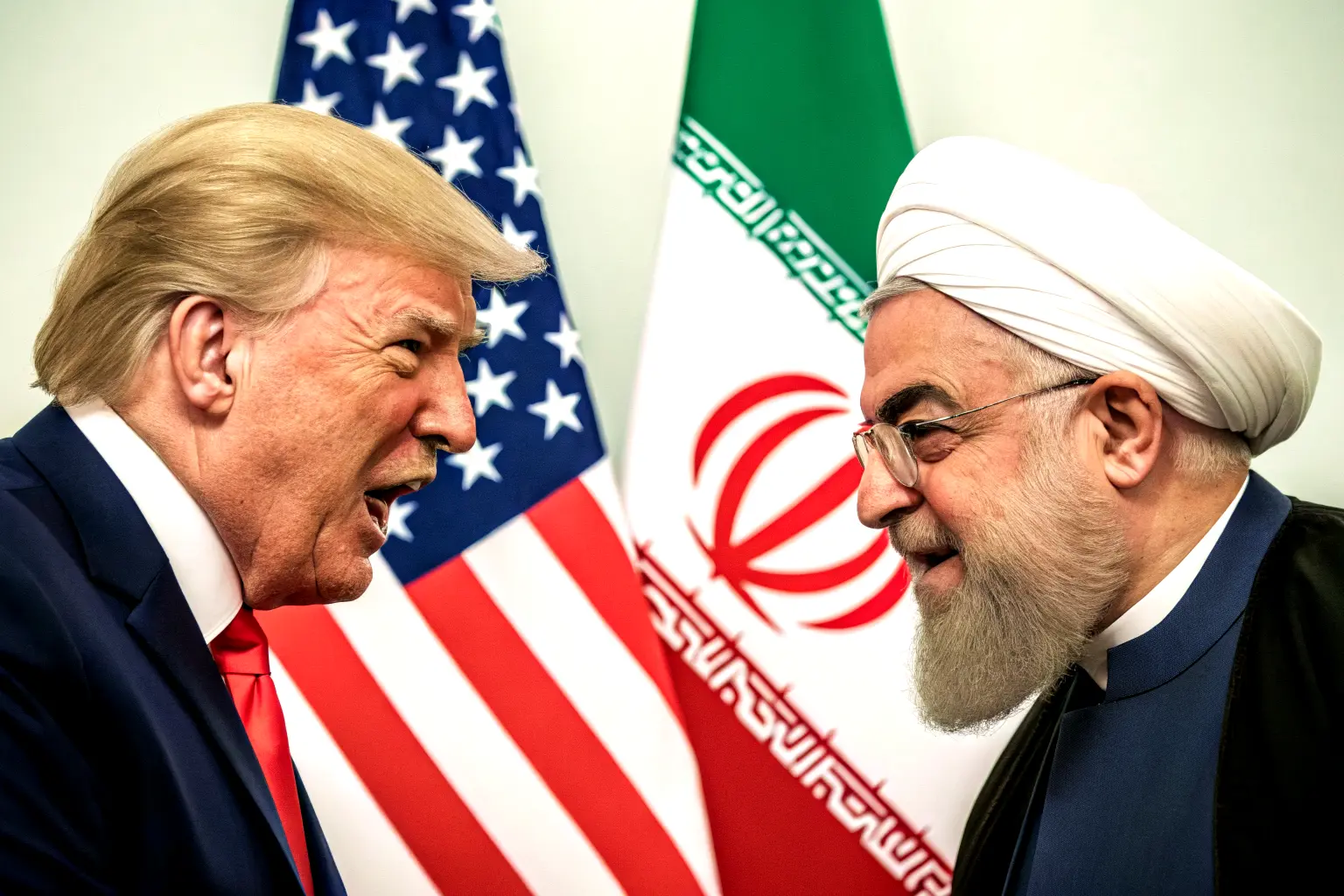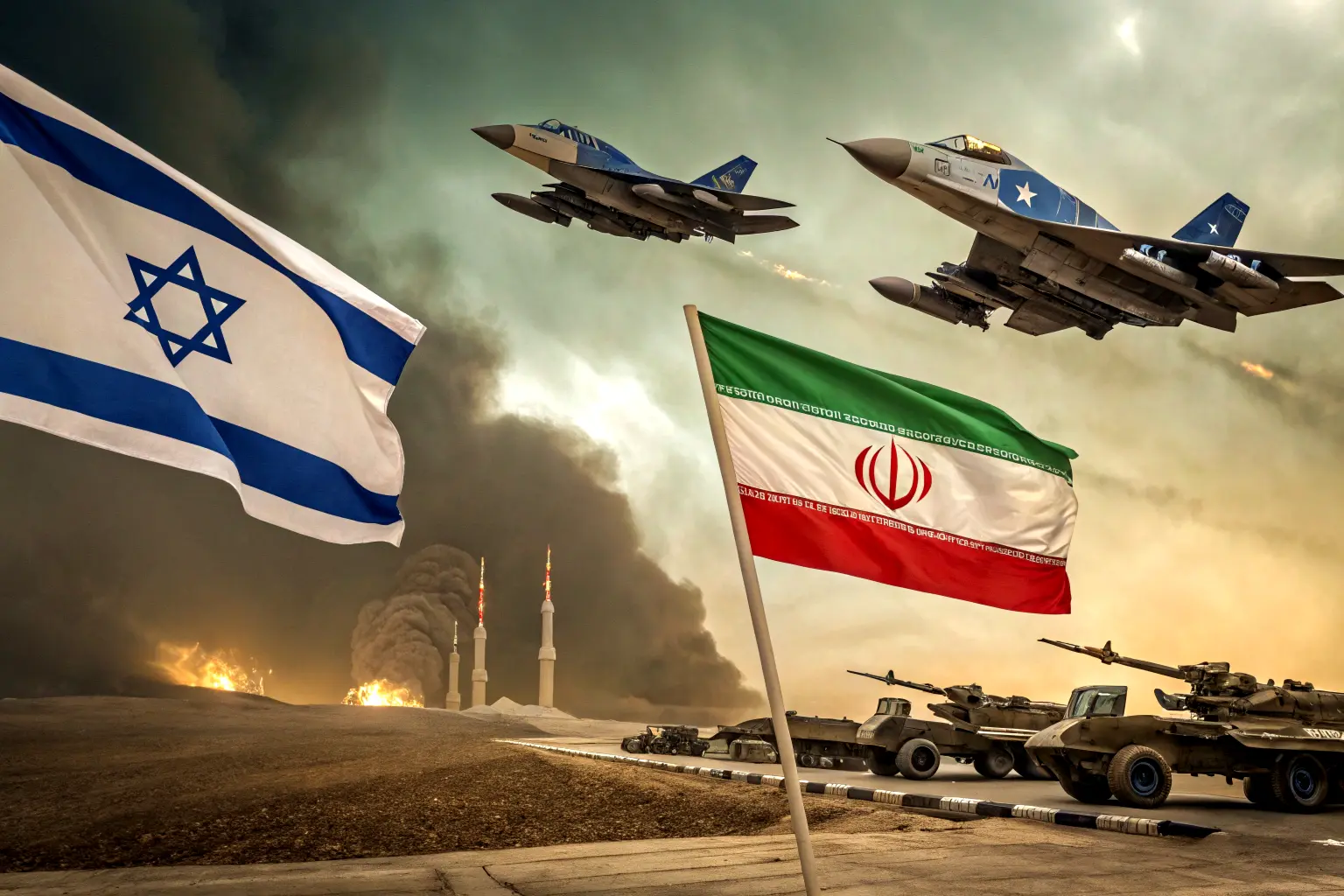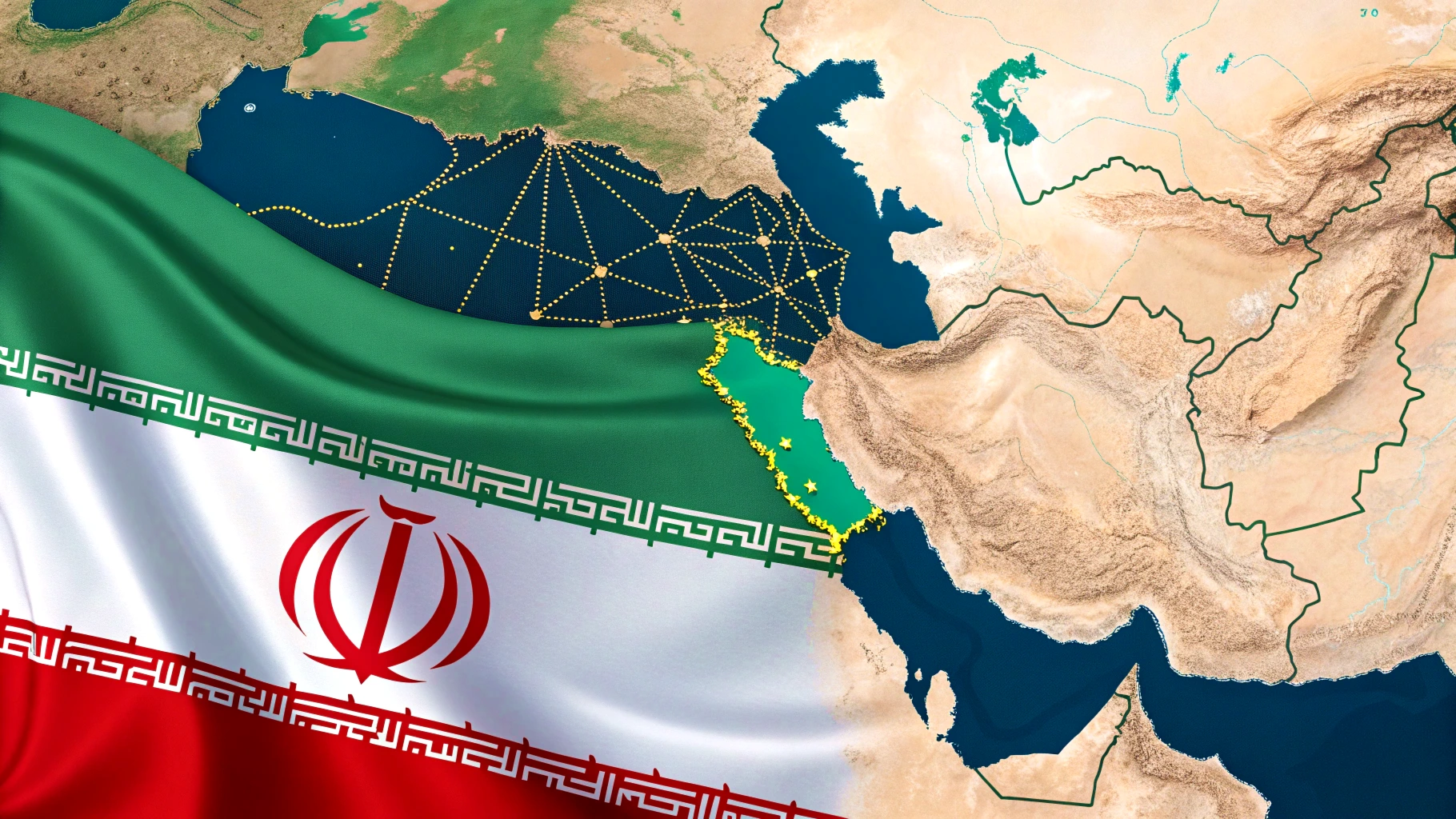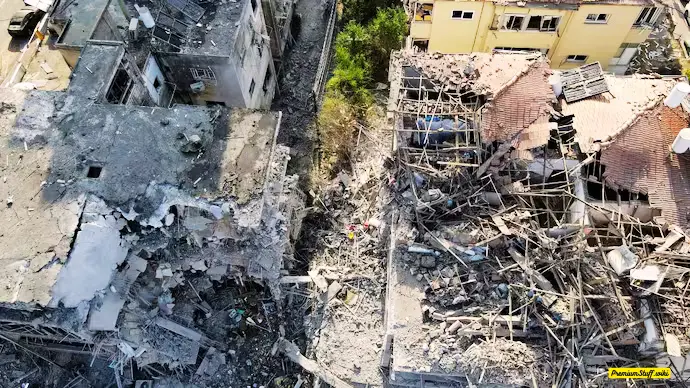U.S. Joins Israel-Iran War with Devastating Strikes on Nuclear Sites : Iran Vows Retaliation
WASHINGTON/JERUSALEM—June 22, 2025
President Donald Trump ordered a massive U.S. bombing campaign against Iran’s nuclear facilities overnight, deploying stealth bombers and bunker-buster bombs in a dramatic escalation that shattered Tehran’s fortified mountain strongholds—and any remaining hope of diplomatic resolution. As Iran retaliated with missile barrages on Tel Aviv and world leaders scrambled to contain the fallout, the conflict entered uncharted territory with global stability hanging in the balance.
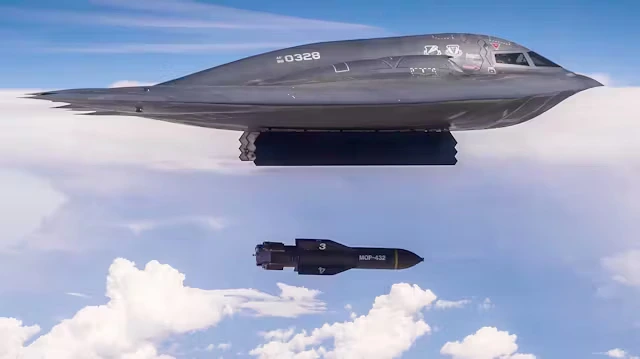
The Midnight Bombers
Six B-2 Spirit stealth bombers took off from Missouri’s Whiteman Air Force Base Saturday night, their bat-winged silhouettes captured by aviation trackers as they streaked toward the Middle East. Reduced fuel loads signaled heavy payloads: 30,000-pound GBU-57 “bunker-buster” bombs designed to penetrate mountains. Their target: Fordo, Iran’s deepest nuclear enrichment site, buried 295 feet below ground near Qom. Simultaneously, U.S. submarines fired 30 Tomahawk missiles at enrichment facilities in Natanz and Isfahan.
Trump addressed the nation flanked by Vice President JD Vance and Defense Secretary Pete Hegseth: “We have completely and totally obliterated Iran’s principal nuclear sites. If they retaliate, future attacks will be far greater”
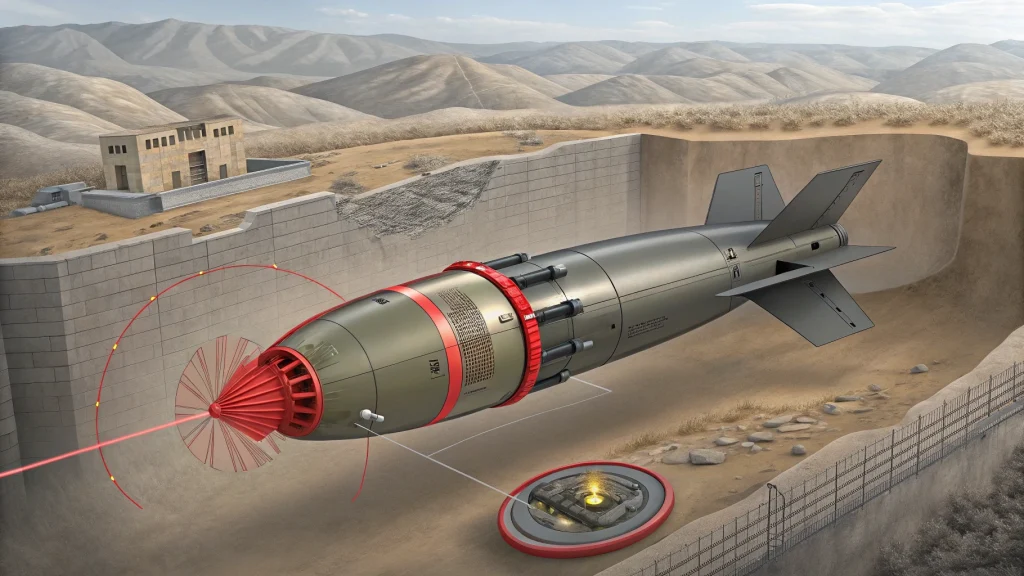
Iran’s Defiant Response
Within hours, Tehran launched ballistic missiles at Israel, striking residential areas in Tel Aviv and Haifa. Sirens wailed as emergency crews treated at least 16 injured civilians. “It’s not easy to live in Israel now,” said Aviad Chernovsky, 40, standing in the rubble of his destroyed home. “But we are strong”
Iranian officials downplayed the nuclear damage. A senior source told Reuters that uranium stockpiles had been moved from Fordo days earlier, calling the site “evacuated and restorable”. Foreign Minister Abbas Araghchi condemned the strikes as a “betrayal of diplomacy,” adding: “Iran reserves all options to defend itself”
Human Toll Mounts
- In Iran: Residents described terror and confusion. “Our future is dark. We have nowhere to go—it’s like living in a horror movie,” said Bita, a teacher from Kashan, before her phone line cut out.
- In Israel: Hospitals overflowed with shrapnel injuries as families sheltered in basements. “You can’t sleep, you can’t work. Every siren feels like your last,” said Tel Aviv shopkeeper Miriam Cohen.
- Global Ripples: Bahrain ordered 70% of government staff to work from home, fearing attacks on U.S. bases there. Saudi Arabia voiced “great concern”
Why Fordo Mattered
Buried deeper than the Channel Tunnel, Fordo represented Iran’s most impregnable nuclear fortress. Only the Massive Ordnance Penetrator (MOP) bombs—never before used in combat—could reach it. Each 30,000-pound bomb uses gravity to plunge through 200 feet of earth before detonating. Yet experts questioned whether even MOPs could fully destroy tunnels: “If we fail, we hand Iran a propaganda victory,” warned former CENTCOM commander Gen. Joseph Votel.
Global Condemnation and Warnings
- Russia: Slammed the strikes as “irresponsible” and a “gross violation of international law.” Araghchi will meet Vladimir Putin in Moscow Monday.
- China: Accused the U.S. of “exacerbating tensions” and demanded an immediate ceasefire.
- UN Secretary-General António Guterres: Called the escalation a “direct threat to international peace”.
- Pope Leo XIV: Pleaded, “Humanity is crying out for peace”.
The Houthi Wild Card
Yemen’s Houthi rebels declared the U.S.-Iran ceasefire “canceled” and threatened attacks on Red Sea shipping. “Targeting U.S. warships is now justified,” a spokesman warned—a move that could paralyze 12% of global trade. Dubai logistics executive Nadim Hassan predicted chaos: “Closing the Red Sea isn’t a threat—it’s an economic tsunami”.
Diplomatic Aftermath
The strikes obliterated weeks of backchannel talks. Just days ago, European mediators proposed a deal requiring Iran to halt uranium enrichment. Tehran rejected it, insisting missiles were “non-negotiable for self-defense”.
“Trump has torched the diplomatic playbook,” said former State Department adviser Robert Malley. “Iran now has no off-ramp”.
What Comes Next
- Iran’s Retaliation: Options include striking U.S. bases in Iraq or Syria, activating proxy militias, or mining the Strait of Hormuz.
- Regional Escalation: Hezbollah’s leader threatened to enter the conflict “as we see fit”.
- U.S. Political Fallout: Democrats called the strikes unconstitutional. “No president should unilaterally march us into war,” said Senate Minority Leader Chuck Schumer
A World on Edge
In Tehran, grocery stores rationed rice and medicine. In Missouri, Melissa Carlson hugged her toddlers as her husband, a B-2 crew chief, deployed: “When those planes took off, our neighborhood held its breath”.
As the sun rose over smoldering nuclear sites and missile-scarred cities, one truth echoed from the White House to West Tehran, The rules of the game had changed forever.

